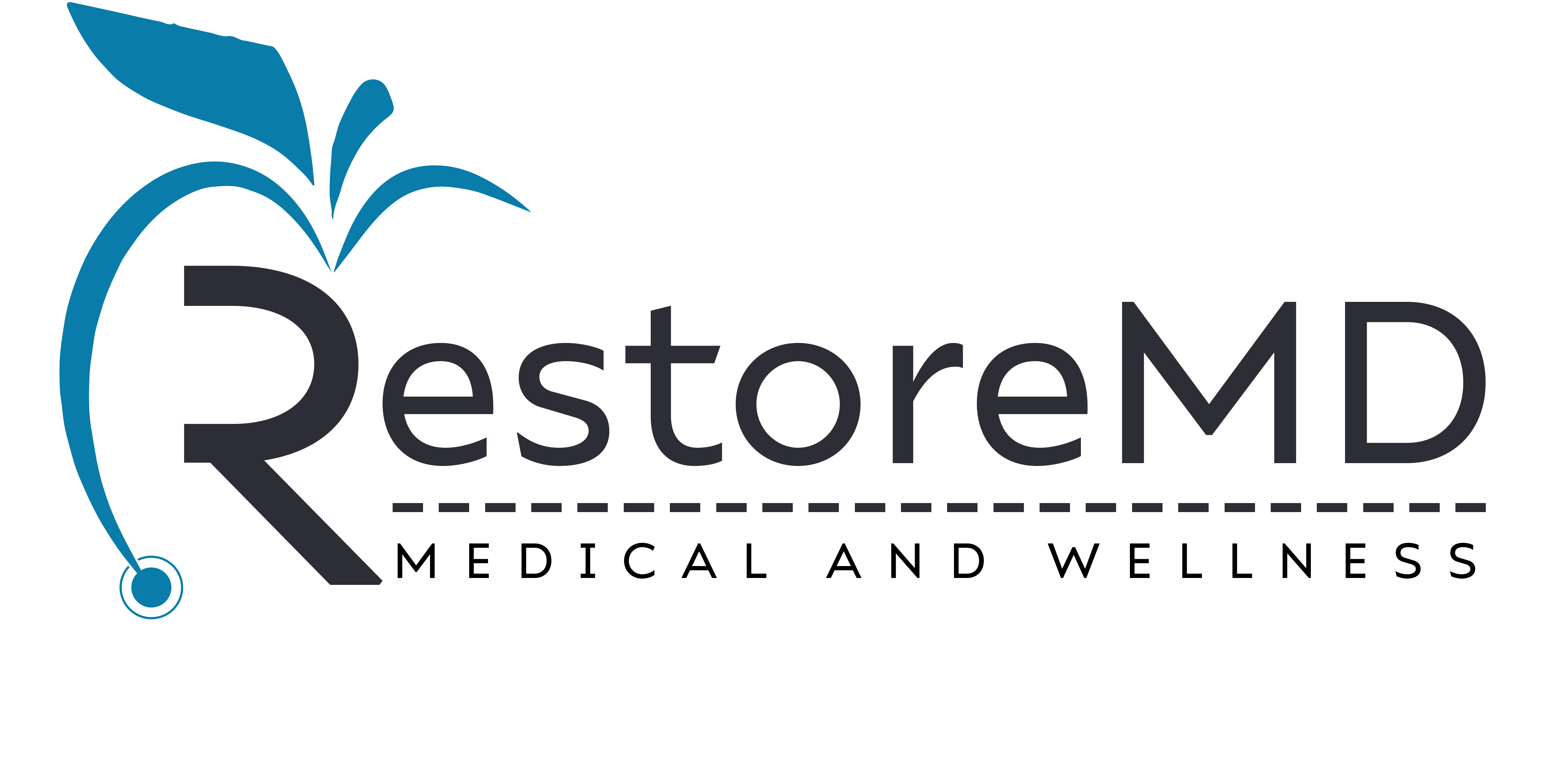WHY YOU SHOULD CARE ABOUT FIBER!
- krogers264
- Jul 30, 2023
- 2 min read

As a lifestyle and obesity medicine physician, my patients are probably sick of hearing me recommend at least 25-30grams of fiber daily. Why am I so obsessed with talking about fiber?
Fiber is an essential nutrient that plays a vital role in our overall health and wellbeing. It is a type of carbohydrate (did you know that?!) that our body cannot digest, and as a result, it passes through our digestive system relatively intact. There are two types of fiber: soluble and insoluble, and both types provide numerous health benefits. Many folks tend to think of fiber mainly in terms of keeping bowels regular, but guess what? There are a host of other health benefits:
Reduced risk of chronic diseases, such as heart disease, diabetes, and certain types of cancer. Soluble fiber can help to lower cholesterol levels, reducing the risk of heart disease.
Regulating your blood sugar levels: which is beneficial for those with insulin resistance and diabetes.
Gut health: fiber feeds the healthy bacteria in our gut, leading to improved gut health and a stronger immune system. Soluble fiber dissolves in water and forms a gel-like substance, which helps to slow down digestion, promoting a feeling of fullness and reducing hunger.
Weight management: when our bodies feel full from eating all that fiber, it can reduce our overall calorie intake.
So, how much fiber should we aim to get each day? The recommended daily intake of fiber for adults is 25-30 grams per day. However, most people fall short of this goal, with the average intake being only around 15 grams per day.
Fortunately, incorporating more fiber into your diet is relatively easy. Some top sources of fiber include:
Fruits and Vegetables: Fruits and vegetables are an excellent source of fiber, as well as other essential vitamins and minerals. Aim to incorporate a variety of colorful fruits and vegetables into your diet, as they contain different types of fiber.
Whole Grains: Whole grains, such as brown rice, quinoa, and whole wheat bread, are an excellent source of fiber. When choosing bread, look for bread that lists "whole wheat" as the first ingredient.
Legumes: Legumes, such as beans, lentils, and chickpeas, are an excellent source of both soluble and insoluble fiber.
Nuts and Seeds: Nuts and seeds, such as almonds, chia seeds, and flaxseeds, are an excellent source of fiber, as well as healthy fats.
Oats: Oats are an excellent source of soluble fiber and are easy to incorporate into your diet. Try having a bowl of oatmeal for breakfast or adding oats to your smoothie.
To ensure you are getting enough fiber, aim for 25-30 grams per day and incorporate a variety of fiber-rich foods into your diet. If you do so, you're well on your way to a healthier you!
Cheers to health
Dr Kim





Comments